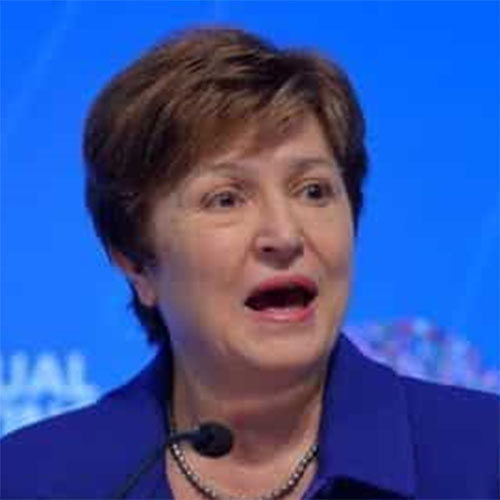The Group of 20 nations, representing the world’s biggest economies, agreed Wednesday to extend the suspension of debt payments by an additional six months to support the most vulnerable countries in their fight against the coronavirus pandemic.
Last Wednesday’s G-20 announcement provides a postponement of sorts for the repayment of debts totaling US$14 billion that were due in December but which have now been extended to June 2021. The pushing back of the repayment deadline did little to conceal the concern of some countries and international organizations that much more had to be done if deeper crises in the affected countries were to be avoided. Oxfam International has reportedly made public its view that the debt repayment postponement measure is decidedly inadequate in the circumstances while Pakistan is reportedly advocating a complete cancellation of the debts. Others feel that while the measure may not count for much in the longer term, it at least affords the debtor nations a breathing space to focus their spending during the period immediately ahead on healthcare for their COVID-19 menaced populations and on emergency stimulus programmes designed to help keep their economies afloat.
Overall, the debt repayment postponement decision is believed to be likely to ‘free up’ US$20 billion for spending by the mostly African countries involved on alternative initiatives.
And at the same virtual forum, the IMF’s Managing Director, Kristalina Georgieva disclosed that the Fund was seeking to triple its concessional financing for the poorest to over US$18 billion to support those countries’ response to the coronavirus pandemic.
“We have full support of the membership to go on the offensive to raise more capacity for concessional funding from the IMF. Our target is to triple what we do for those countries,” she told a news briefing held by videoconference.
The announcement of the debt repayment relief measures came immediately before the commencement of this week’s meeting of the 189-nation International Monetary Fund and the World Bank, which meetings are proceeding virtually because of the coronavirus pandemic.
What is being regarded as an eleventh hour reprieve from default on debt repayments by the debtor countries reportedly came in the wake of an appeal to the G-20 Group by a collective of high-profile international organizations led by Transparency International and Amnesty International ahead of this week’s meeting to warn that the debt suspension move was an important first step towards seeking to avert an even more acute humanitarian crisis in the debtor countries.
These agreed-to debt suspension measures notwithstanding, the discourses at this week’s meeting pointed to the likelihood that more will have to be done for the poorest countries beyond the six-month debt suspension measure. During the meeting it was noted that many of the poorest countries continue to spend more on debt payments than critical services including healthcare, education and instituting social measures in an effort to roll back the COVID-19 menace. Accordingly, lobbyists for the postponement of the debt and for going even further in addressing the plight of impoverished, debt-strapped nations sought to push for an even further extension of the repayment deadline beyond June next year and in some instances for outright cancellation of the debts.





